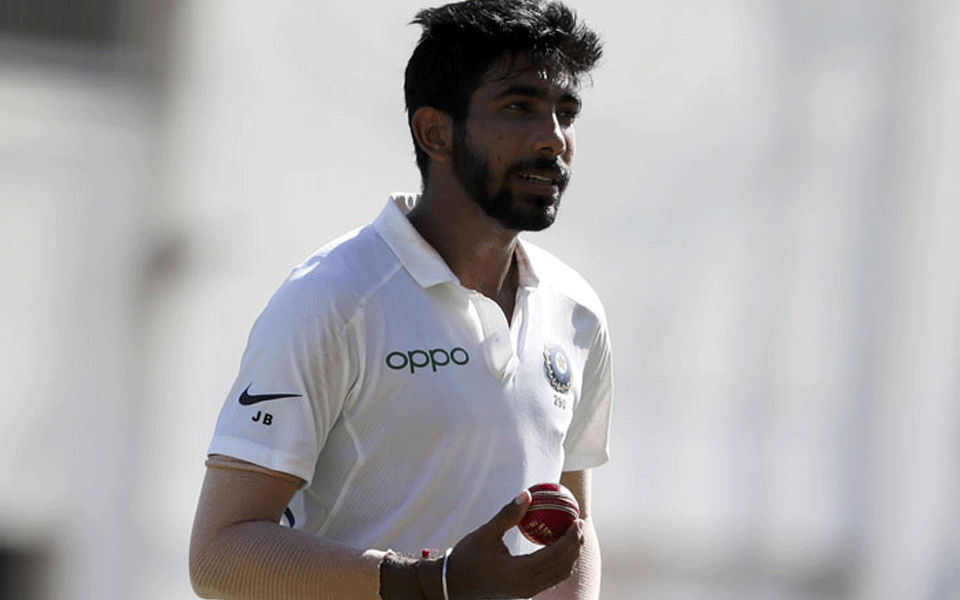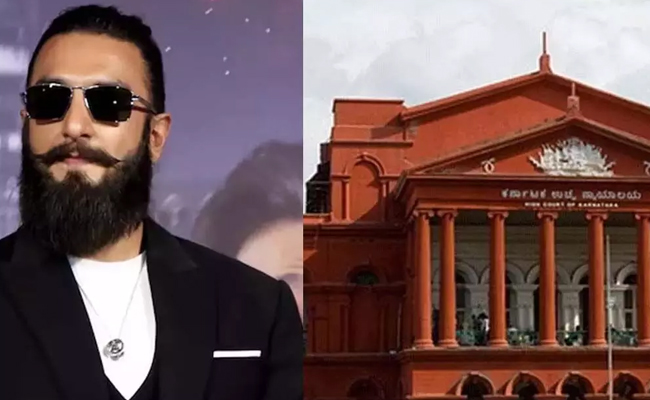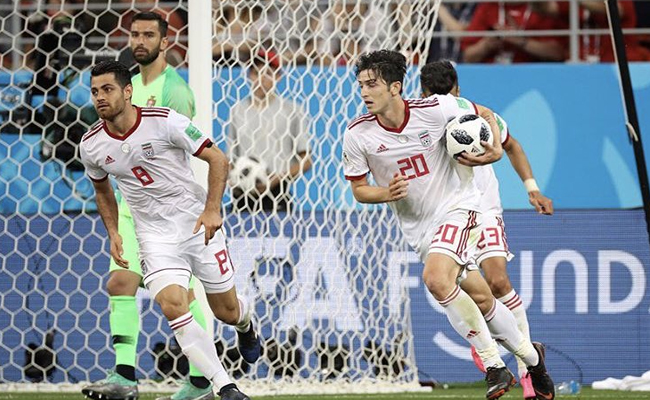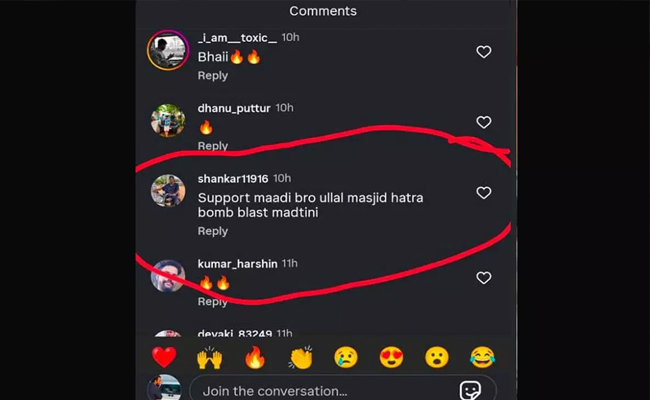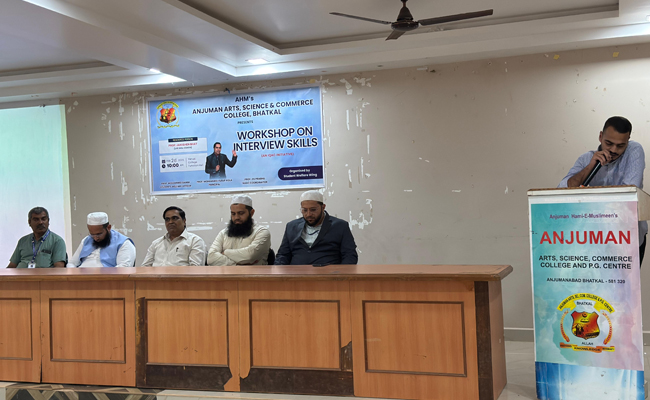Ahmedabad: Fast bowler Jasprit Bumrah was on Saturday released from India's squad for the fourth Test against England, beginning here on Thursday, due to personal reasons, the BCCI said.
The Board said no addition to India's squad will be made for the final Test.
"Jasprit Bumrah made a request to BCCI to be released from India's squad ahead of the fourth Test owing to personal reasons," BCCI Secretary Jay Shah said in a media release.
"Accordingly, the fast bowler has been released and he will not be available for selection for the fourth Test."
Bumrah has already been rested for the white-ball series coming up after the four-Test series.
Let the Truth be known. If you read VB and like VB, please be a VB Supporter and Help us deliver the Truth to one and all.
Bengaluru (PTI): The Karnataka High Court on Monday extended the interim relief given to Bollywood actor Ranveer Singh till March 9, in a case related to mimicking a character from the movie, 'Kantara Chapter-1', and allegedly mocking a deity.
The actor had approached the High Court seeking the quashing of the FIR against him for mimicking Rishab Shetty's role as 'Chavunda' deity in the movie.
While mimicking, Singh had called the deity a "ghost". The actor was asked to appear before the court in person on Monday.
Appearing on behalf of the actor, his counsel Sajjan Poovayya said Singh was stuck in London and was unable to reach Bengaluru due to the conflict in West Asia.
The complainant, who is a lawyer, alleged that his religious sentiments were hurt by calling the deity a ghost. On the directions of a local Court, the police registered a case against the actor.
The High Court on February 24 granted interim relief to the actor with directions to the police not to take any coercive steps against him.

